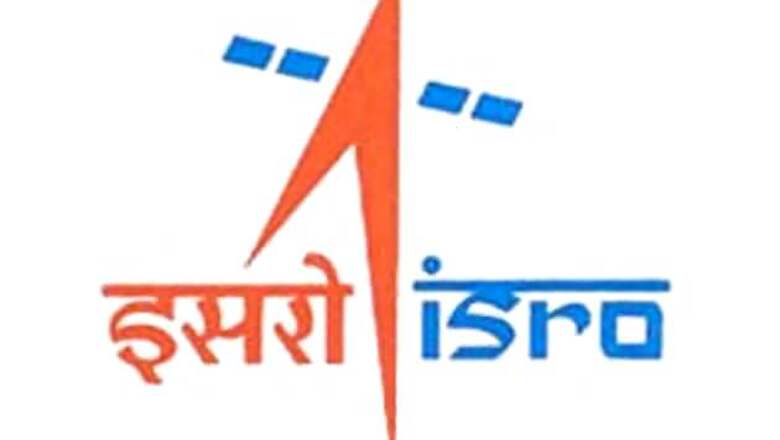
views
Toronto: Rapid technological advances made by India in space will be used for the benefit of humanity, ISRO chairman K Radhakrishnan said.
"Space's benefit to the humanity particularly Indian people is our main priority," Radhakrishnan said at a function jointly organised by the Consulate General of India and Canada India Foundation.
The ISRO chairman said that India is already using space technology for communications, telemedicine, long-distance education and information dissemination, monitoring weather and helping authorities respond to natural and made-made disasters.
Radhakrishnan, who was here to attend the 65th International Astronautical Congress which concluded today, said that India is building the world's most high-resolution civilian-operated Earth Observation satellite.
He said ISRO would also launch a number of Indian navigation satellites that would improve GPS services over the sub-continent.
As part of its aspirations to build a regional navigational system equivalent to Global Positioning System of the US, ISRO plans to send seven satellites to put in place the Indian Regional Navigational Satellite System (IRNSS).
On the success of ISRO's Mars Orbiter Mission (MOM), Radhakrishnan said, "It was a historic moment for everyone in the country. It was a technological mission primarily, and we have achieved that. We give ourselves an 85 per cent mark for that achievement."
He mentioned several reasons for India's successful mix of engineering excellence and frugal spending behind the Mars mission.
Engineers recycled components and technologies used on other Indian satellites, and ISRO opted to launch the Mars mission on the proven Polar Satellite Launch Vehicle (PSLV), he said.
The PSLV placed the MOM spacecraft into orbit around Earth, then the craft used its own thrusters to escape Earth's gravity and fly to Mars.
"We replaced a very powerful launch vehicle system through this novelty. In that process, we also checked out all autonomy that we had to put on the satellite," he said.
Radhakrishnan ruled out sending man into space in immediate future and said India's future space science missions include the Chandrayaan 2 moon lander and rover, an X-ray astronomy satellite, and a solar research probe planned to operate at the L1 Lagrange point a million miles from Earth.




















Comments
0 comment